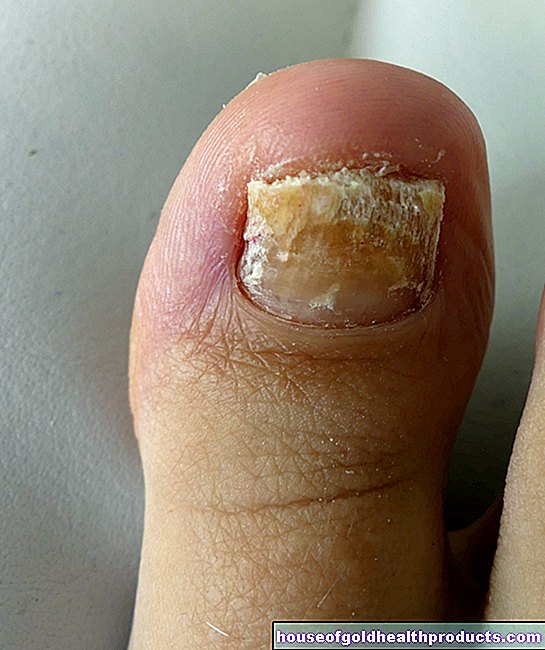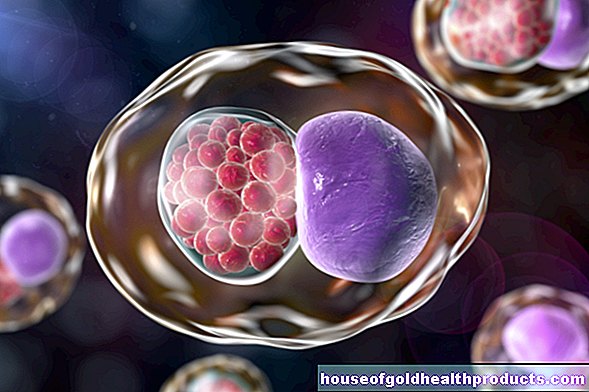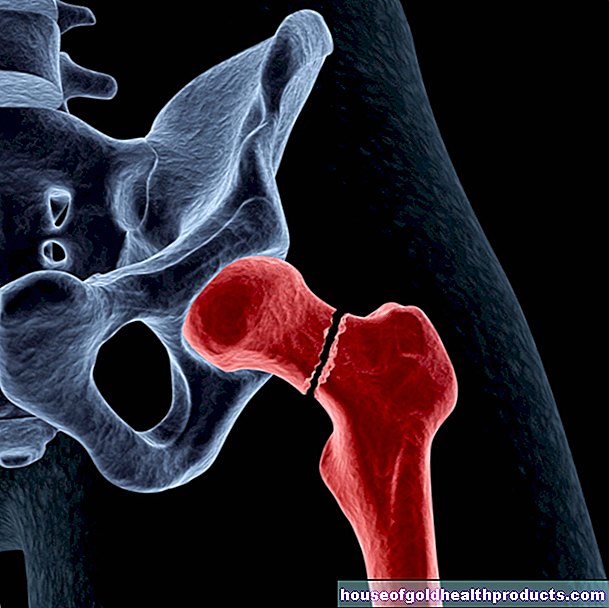Development: hormone excess delays language acquisition
All content is checked by medical journalists.Perth / Melbourne (dapd). An excess of the sex hormone testosterone in the womb is likely to blame if boys start speaking very late and slowly. This is shown by a study by Australian researchers. Male toddlers who were born with particularly high levels of testosterone in their umbilical cord blood were two to three times more likely to have problems learning to speak than boys with lower levels. In girls, however, the male sex hormone seems to have a more beneficial effect. For them, a high testosterone level reduced the risk of delayed language development, the researchers report in the specialist magazine “Child Psychology and Psychiatry”. (doi: 10.1111 / j.1469-7610.2011.02523.x)
"Our data provide clear evidence that testosterone in the womb has gender-specific effects on language development in children," write Andrew Whitehouse of the University of Western Australia in Perth and his colleagues. Around 12 percent of toddlers show delayed language development: They start clearly speaking later than their peers. Boys are usually a little later than girls anyway. With them, however, the long delay is also more common. Because male fetuses are exposed to about ten times the amount of testosterone in the womb than female fetuses, the researchers suspected a connection. This was confirmed in the study, say the scientists.
Possible influence on division of labor in the brain
The hormone content in the umbilical cord blood provides information about the testosterone levels in the last trimester of pregnancy. The researchers therefore assume that during this phase the hormone influences important circuits for language ability in the brain. Possibly the hormone changes the extent of the division of labor between the hemispheres of the brain. This could affect speaking, as the language centers for right-handed people are usually only in the left hemisphere.
"These results help us to understand the biological mechanisms that lead to delayed speech, but also to normal language development," says Whitehouse. The exact effect of the hormone in the womb on the language centers of the brain must now be investigated further.
For their study, the scientists measured the testosterone level in the umbilical cord blood of 767 newborns. Half of the babies were boys and half were girls. The children had chosen them at random from a large number of births examined as part of a population study. At the age of one, two and three years, the researchers tested the children's language skills.
The researchers found evidence of delayed language development in 89 children, 53 of whom were boys. "Interestingly, there seems to be a kind of threshold effect here, in which only boys in the top quarter of testosterone levels showed the speech delay," the researchers write. The affected girls, on the other hand, were more likely to have received less testosterone than the average of their peers before birth. With them, an oversupply of the sex hormone evidently had a positive effect on language development.
Tags: news Baby Child Diseases.jpg)





























